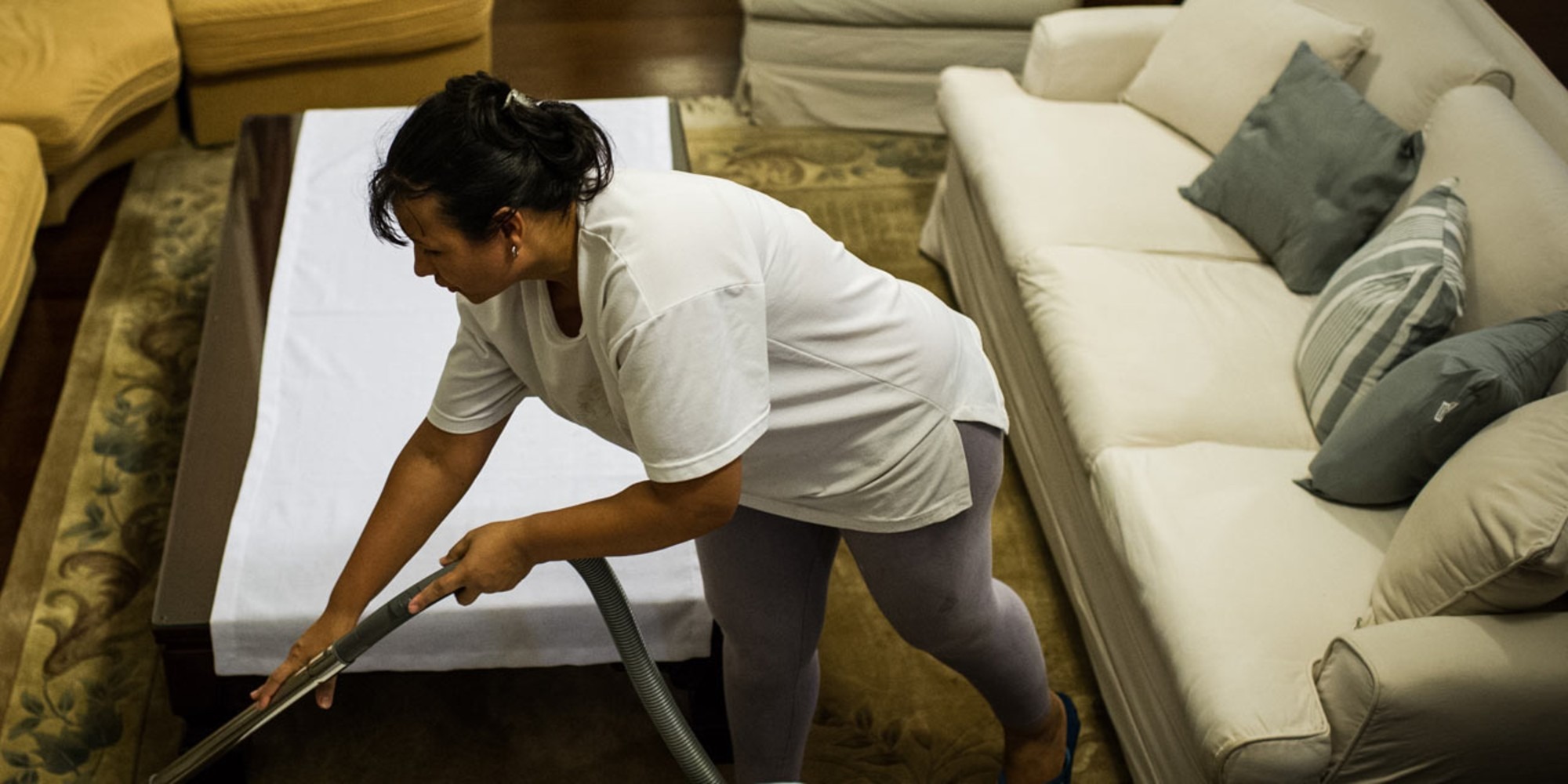Monday in "Sans Rendez-vous", the sexologist and psychoanalyst Catherine Blanc evokes the broad theme of mania.
Asked by Mélanie Gomez and Jimmy Mohamed, she explains how this character trait can have effects in the couple, up to sexuality.
Loving things to be clean is natural, but for some it can turn into an obsession. Manic people, whether pathologically speaking or simply in the eyes of their partner, are potentially going to have more complex relationships. However, the sex therapist and psychoanalyst Catherine Blanc explains, Monday, in "Sans Rendez-Vous" that it is quite possible to live with it and that this is even sometimes precisely what is sought.
The question :
Can being in a relationship with a manic person cause problems in the life of two?
>> Find all sexo questions in replay and podcast here
Catherine Blanc's response:
It all depends on who the person is.
In general, the people who come together do so on common and reassuring values.
Someone who is very manic can therefore be, precisely, the safety of someone who needs this to be taken care of.
Or the opposite of someone who is also manic.
Some people will find it wonderful that the other takes care of the housework, tidying up, etc.
However, the term manic covers several things.
On the one hand, there is pathology.
On the other, there is the one who just wants everything to be clean but who is facing someone who does not like tidying up at all.
He will suddenly see him as a maniac when it may be perfectly normal.
We are always a little more obsessive than others on certain subjects.
How to explain that some people will go to this extreme that is mania?
Part of the explanation is cultural.
The fact of tidying up, whether clean, we were able to receive it through education.
But it can be, simply, an invitation to know how to tidy up, to organize in order to offer a place where we can invite.
To create disorder is to invade one's own space so as not to let other people's space enter it.
We tend to devalue learning to tidy up among young people, especially young girls, because we want to remove the idea that they must be good wives, good housewives, etc.
Today, we sin a little in the opposite direction and some do not always have the competence to open up to various types of relationships.
The problems of organization and household seem recurrent in the couples, why?
Here, it is not of the order of pathology.
It is a question of organization of space and of the desire to mark one's territory.
One will thus spend his time cleaning the place "soiled" by the other, with a sock for example.
By doing this, the second feels like being erased because we take his things off and the first feels like being invaded.
Generally, it is the feminine that feels invaded and it is the masculine that feels effaced.
It is a container / content relationship.
The container wants to find its own space and erase the trace of the other and the content absolutely wants to be able to take its place and not be erased, not be castrated.
Can you be manic in sex?
It's an aspect that is going to be more pathological, with a perception of sexuality as being something dirty that refers to an aggressive idea.
The sexual drive is confused with a surge of aggressiveness and therefore perceived as guilty or dirty.
This is what happened when we imagined that diseases were filth, filth to come out of the body.
The sexual drive is interpreted this same way.
So some people will only be able to approach sexuality if they try to take away all its guilty and phantasmal aspect.
However, fantasies are the engine of sexuality, so there is a transfer to a hygiene plan.
This will result in inducements to clean up or dealing with the smell.
Even the smell of normal perspiration is perceived as something degrading in the other which would show a certain perversity of his sexuality.
Ultimately, it is a kind of attempt to erase sexuality from sexuality, which is impossible.

